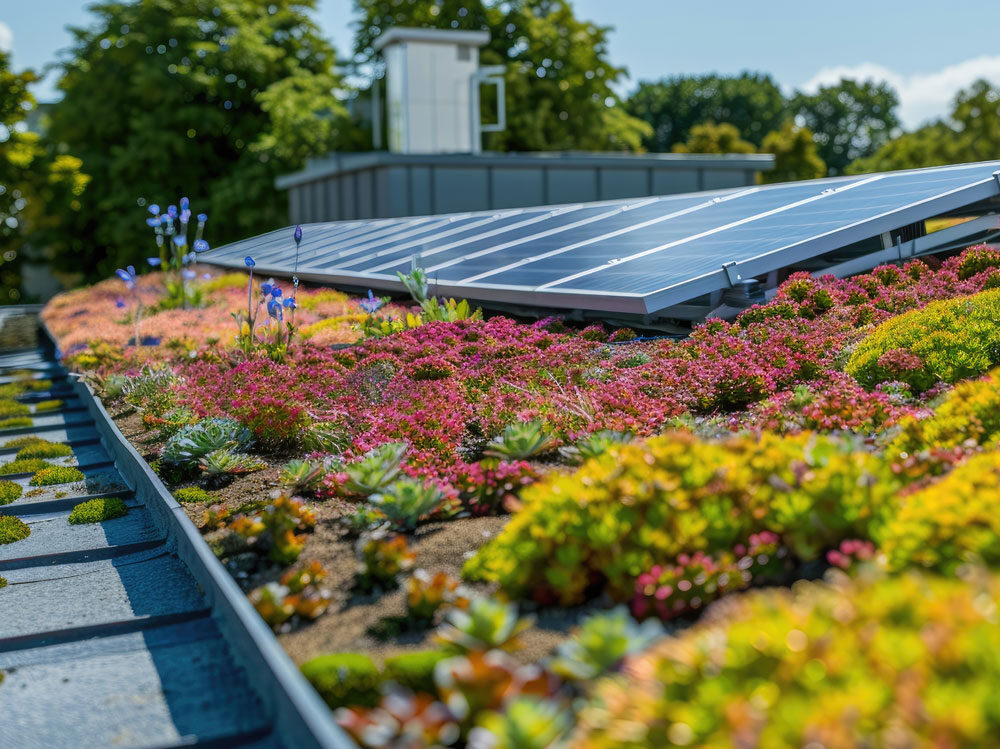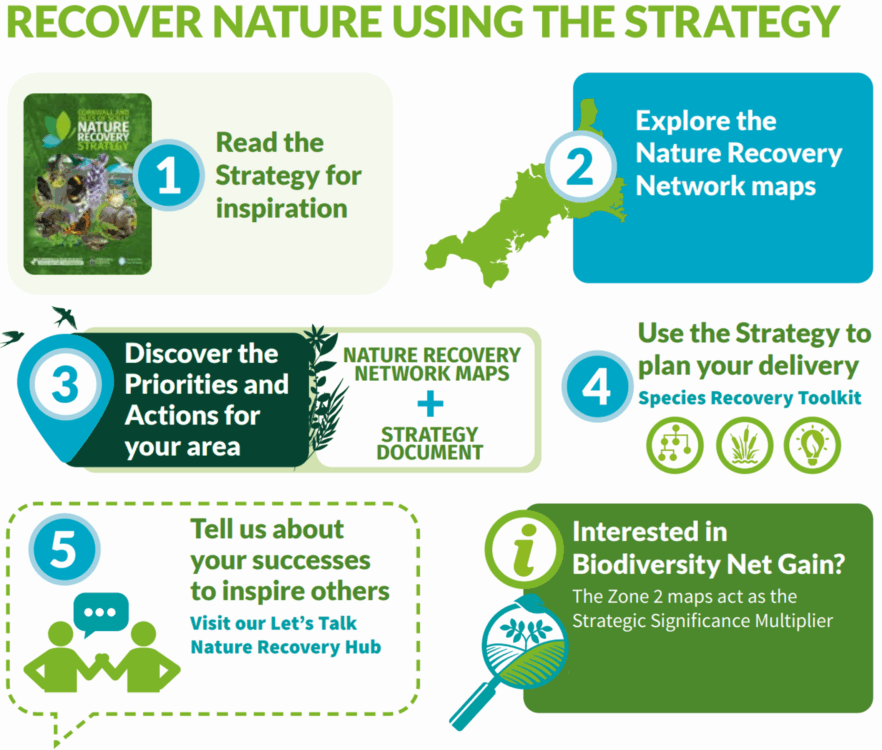Principle 5
Environmental Responsibility
Businesses should reduce their impact and protect the planet for the future.
Taking action on climate change and ecological emergency isn’t just good for the planet — it’s good for your business. When you use fewer resources, you cut costs and improve efficiency. Many environmentally friendly changes, like switching to smarter technology, also help your organisation run better.
People care more than ever about the environment. If you show that your business is serious about climate action and nature recovery, you can strengthen your brand and build trust. It also helps you connect with your team. When your values match theirs, staff are more likely to stay and feel proud of where they work.
Step 1
Measuring your impact
Knowing where your business stands in terms of carbon emissions and energy consumption creates a baseline for your actions.

Measure your carbon footprint
There are a variety of tools to measure the carbon footprint of a business. Find one that best suits your business and get started today…
Measure your energy consumption
Find out about some of the most effective ways to reduce business energy costs and your carbon footprint…
Step 2
Making a plan
Create an environmental responsibility plan for your business to demonstrate to the world that you are taking into account your impact on climate and the environment. And that you are trying to mitigate it.

Build your Environmental Growth Plan
This plan shows simple ways for businesses and communities to cut carbon, protect nature, and use resources wisely – helping everyone move toward a greener, Net Zero future.
Small Businesses
The FSB Small Business Sustainability Hub helps you take practical steps toward net zero, at a scale that works for your business. It offers tailored support to SMEs, helping you to:
-
Stay compliant – Keep up with environmental regulations and avoid penalties.
-
Attract new customers – More people are choosing to spend with businesses that care about the planet. Showing your eco-friendly values can help you stand out.
-
Cut your costs – Save money by using less energy, reducing waste and improving efficiency.
-
Check your timelines – Make sure your sustainability plans are realistic and achievable.
-
Strengthen your supply chain – Businesses are reviewing how green their suppliers are. Being proactive can help you stay competitive and meet future requirements.
-
Protect the planet – Do your part to reduce your carbon footprint and support a healthier environment.
Get some training
Training matters. It could mean getting the right person ready to lead your environmental plan or making sure everyone on your team understands why it’s important. Either way, it’s a key step.
Local relevance
Ground your plan and give it local relevance by using the Carbon Neutral Cornwall Hive resources.
Step 3
Taking action
Even the smallest actions can help the planet. When you’re ready to take action, here are a few easy tips to get you going.

Use the UK Business Climate Hub
Free tools and advice to help small businesses cut carbon, save energy, and reach net zero, helping you to go green and stay competitive…
Find the funds to act
There are lots of options out there to support your plans…
Have you ever thought about investing in nature?
The Local Investment in Nature Cornwall (LINC) connects local businesses with nature-based projects which can help with meeting voluntary environmental goals as well as regulatory environmental commitments such as Biodiversity Net Gain.
Cornwall has plans to help nature recover on land and at sea—and local businesses can make a big difference. Here’s how you can get involved…

Waste management
Managing waste is key to cutting your carbon footprint – and staying compliant with the law. Here’s what your business needs to know to get it right.
Step 4
Celebrate your successes
Cornwall Sustainability Awards have been rewarding organisations across Cornwall for their contribution to environmental growth, resource efficiency, circular economy and carbon neutrality. Every year, this is an opportunity for organisations of all sizes and all economic sectors to gain visibility and show what they have been achieving.




